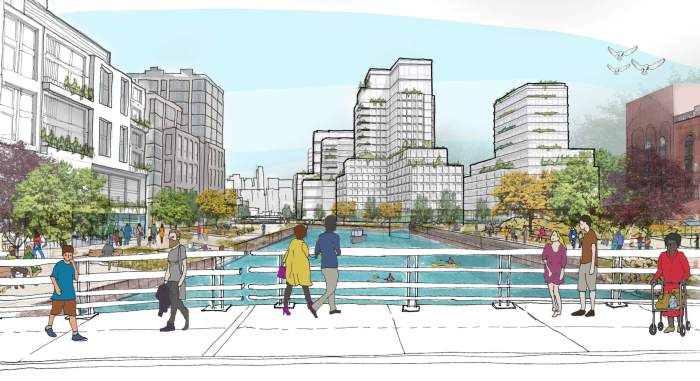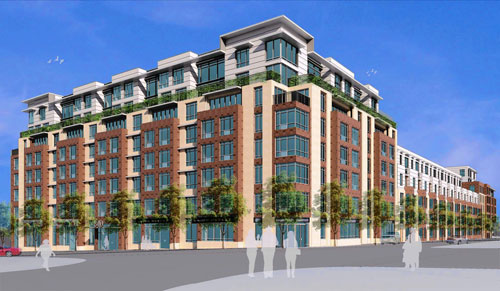City planning honchos released a guide for future development in the industrial part of Gowanus just outside of the neighborhood’s rezoning area Monday.
The so-called Gowanus Industrial Business Zone Vision Plan provides a framework on how to boost the mostly manufacturing and commercial area at the southern end of the neighborhood, according to Gotham’s planning czar.
“The Vision Plan that we’re releasing today contains recommendations for infrastructure and workforce training, and lays out a land use framework that will help keep the Gowanus portion of the IBZ a bustling and dynamic jobs hub for decades to come,” said Department of City Planning director Marisa Lago in a statement on May 17.
The plan comes as the city works to rezone the neighborhood further north along the toxic canal to allow for thousands of new housing units.
The city promised to also study the IBZ area when it released its precursor scheme to the rezoning dubbed the Gowanus Framework back in 2018, following concerns by locals about how the land-use overhaul could affect nearby businesses.
DCP worked with area Councilmember Brad Lander, Community Board 6, community organizations, and local business and property owners, hosting two roundtable workshops in 2019 and an online survey to inform the study.
The study area roughly stretches from Third to 16th streets and Hamilton Avenue and from Third Avenue to the eastern shore of the canal, along with a small parcel bounded by Smith and Huntington streets on the other side of the waterway.
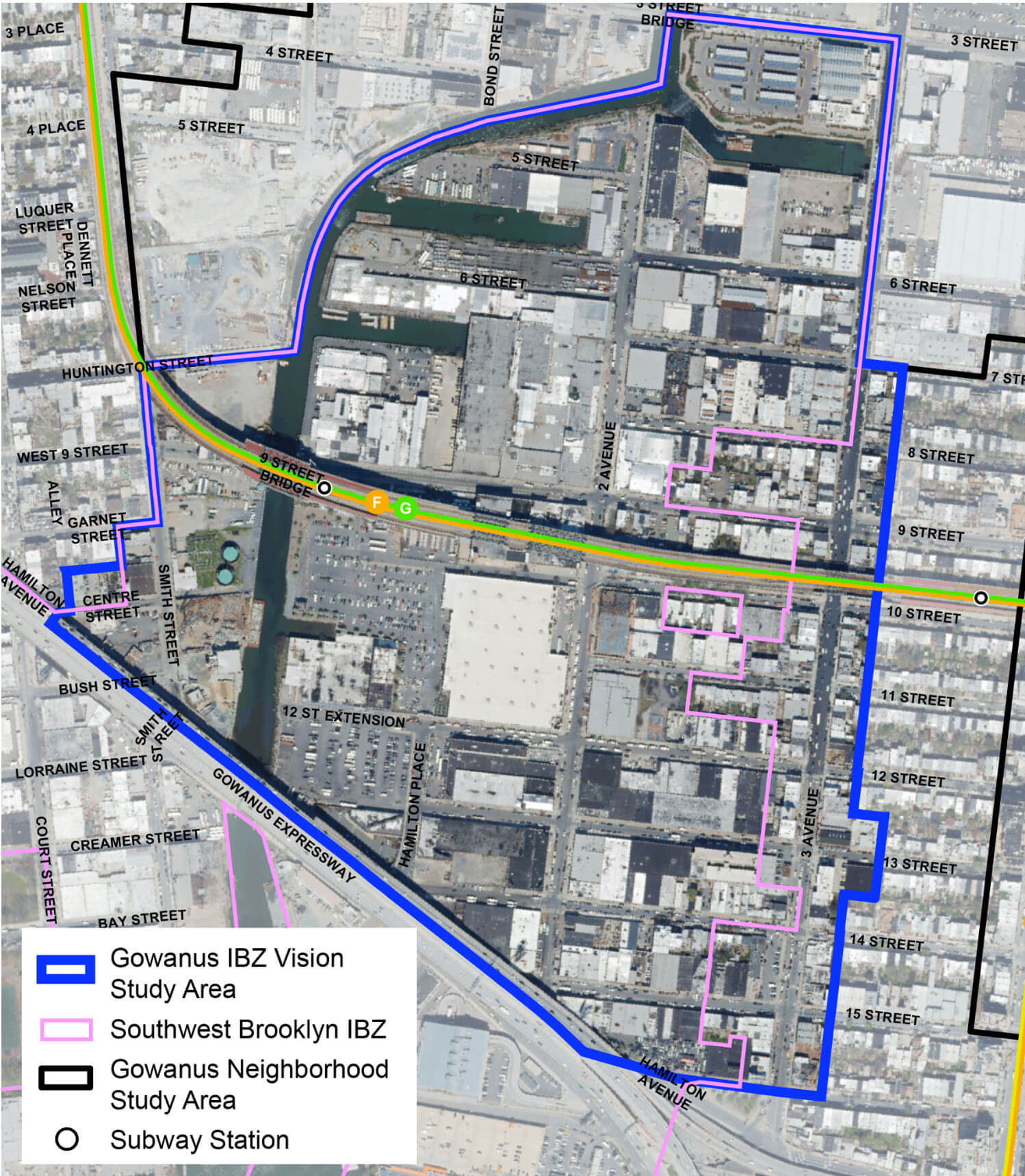
Most of the area is also part of the Southwest Brooklyn IBZ, a larger city-designated industrial corridor stretching from the Port Authority piers at Atlantic Avenue all the way down the waterfront around Red Hook and Sunset Park.
Zoned mostly for manufacturing and commercial uses, the Gowanus IBZ is home to almost 4,000 jobs across nearly 300 businesses, including auto body shops, big box stores, and artist studios, but also some residential pockets and a playground.
The existing zoning has remained largely unchanged since 1961, which has hamstrung businesses’ ability to expand, according to DCP.
The new 53-page study is not part of the rezoning and is not a binding document or subject to public approval, but DCP’s goal was to provide a blueprint for future private applications to update the zoning code to make it easier for local businesses to expand.
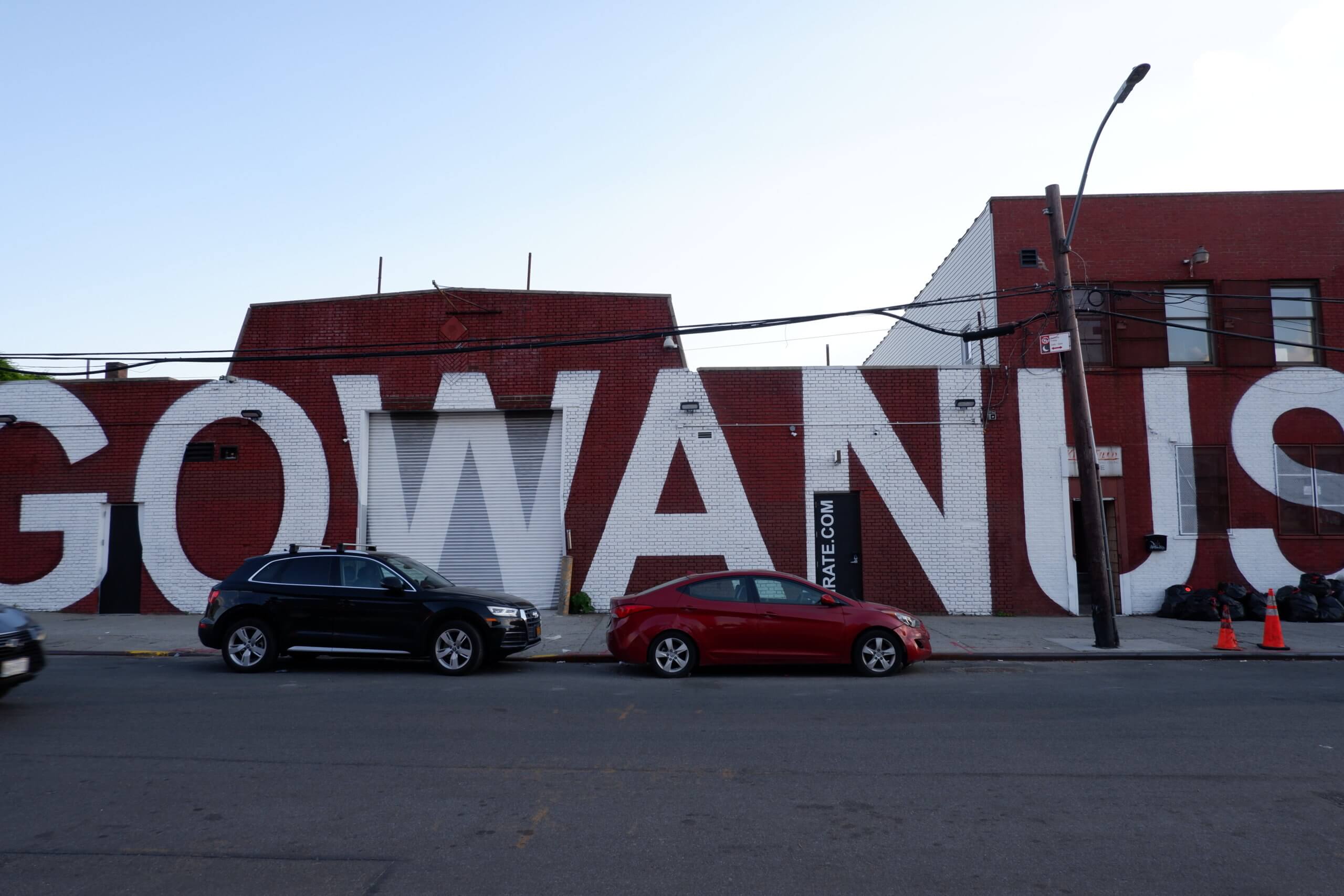
Future applications could allow for bigger industrial and office buildings to ease the stiff competition for space amid rents, while also aiming to provide better waterfront access — something the city will require of developers as part of the rezoning further upstream along the canal.
Another proposal is to reduce or eliminate parking requirements for non-residential buildings, which would give developers more space and encourage workers to commute by the area’s multiple public transit options.
City Planning recommends studying Second and Third avenues for better street safety and more organized loading zones, while also cutting back the amount of trucks stored on the street around local Department of Sanitation facilities and cracking down on illegal parking more broadly.
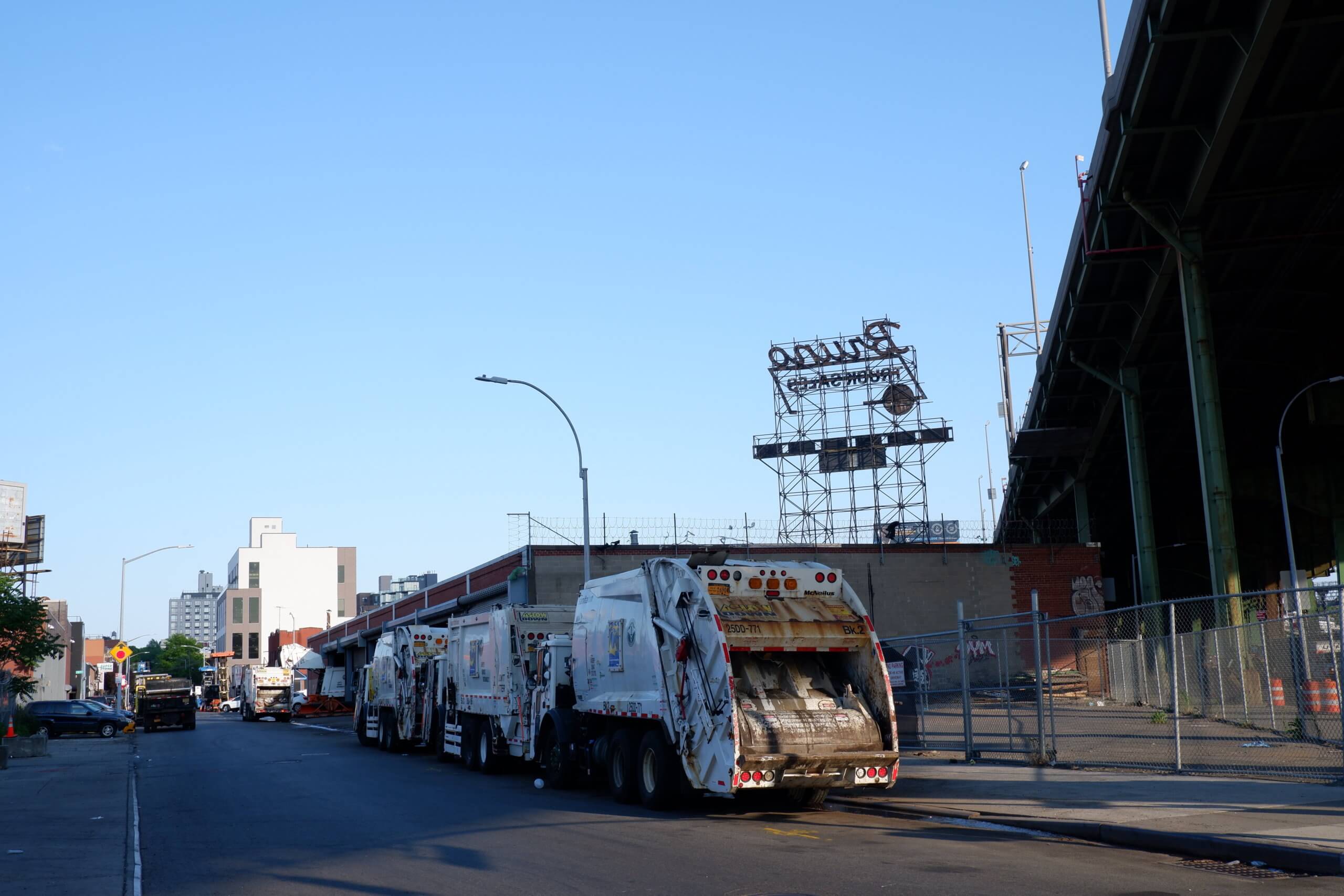
Planning officials urge their sister agency the Department of Environmental Protection to build two massive capture tanks as part of the federal Superfund Cleanup, which will reduce sewage and stormwater from flowing into the canal during heavy rain.
The project has been delayed for years and the smaller of the two cisterns, coming in at four million gallons, is slated for the DSNY-owned Salt Lot at the end of Second Avenue within the IBZ.
The plan also calls on area businesses to use local hiring programs, especially with the roughly 8,500 new housing units that could come to Gowanus by 2035 under the rezoning.

















